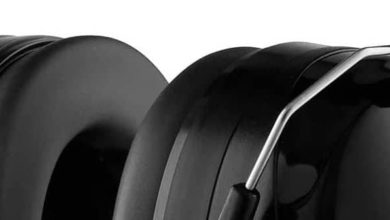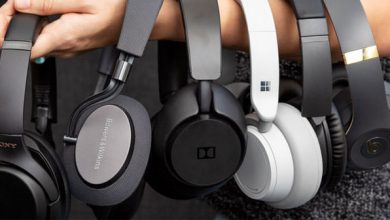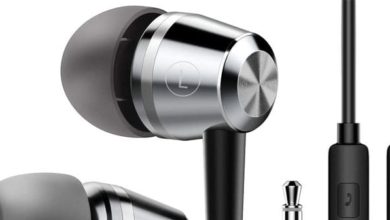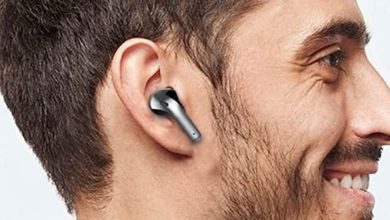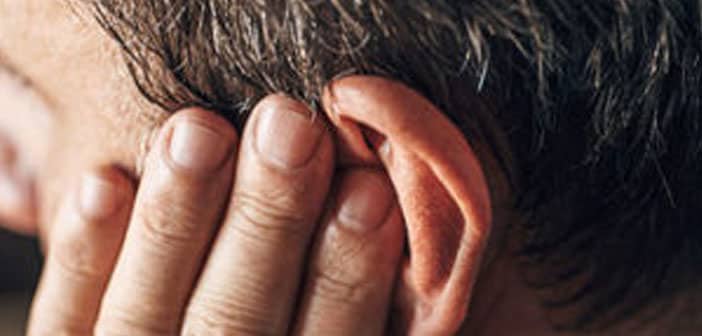
When I put the headphones on, my ears hurt. Why?
They are attached to smartphones, TV, PC, and tablets, but if you don’t use the headphones properly, it hurts. In the sense that they can annoy the ears, but also in the mind that they can be harmful to hearing. To underline the possible health risks is also the World Health Organization, according to which headphones inconvenience young people worldwide because of how they are used to listening to music.
This guide will show how to best use the headphones and which models to choose.
The security levels
The time you can safely listen to music with headphones decreases as the sound intensity increases: at 100 dB, it is reduced to 15 minutes daily. Mp3 players emit sounds between 75 and 136 dB. Using earphones suitable for your ear allows you to listen to music at lower volumes.
In addition, some headphones eliminate background noise, allowing better listening at safer volumes. According to European standards, headphones must guarantee safe emission levels and warn when the safety threshold is exceeded; exploiting these tools allows for avoiding irreparable consequences.
Choose the right shape.
Choosing the right shape also contributes to the greater comfort of the headphones. Headphones can be:
- In-ear. They are characterized by the two earphones that must be inserted inside the ear. They are very light and small and can offer excellent sound quality, as they can cancel out external noise. The headphones, by slipping into the ear canal, form a sort of plug. The in-ear headphones are wrapped in two membranes, which can be of different sizes, made of silicone or Memory Foam. These earphones can cause hearing damage and even infections, especially in summer.
- On-ear. They are characterized by two large pavilions held together by an arch. There are several models, and they don’t weigh much. They can be used at home or on the go at an affordable cost, depending on the model. Compared to in-ear headphones, they are not the ideal choice for those looking to isolate themselves from external sounds. In addition, the pavilions wear easily, causing the ear to sweat and increasing the risk of irritation.
- Over-ear. Aesthetically they are similar to on-ear headphones, with the difference that the two pavilions envelop the ears entirely instead of resting. They are especially suitable for those looking for excellent audio quality. Over-ear headphones also have another advantage: they ensure near-perfect external noise reduction. However, compared to the other models, they are heavy and therefore are not suitable for outdoor use, also due to their appearance, which is decidedly bulky.
Attention to the quality of the materials
Before buying a pair of headphones, focusing on products that protect your well-being and comply with the law is essential. When choosing, don’t be guided only by a question of design or price.
These characteristics are capable of tipping the balance towards the finalization of the purchase, but they must be secondary specifications; what matters is to make the first selection and choose only headphones and earphones that do not disturb the hearing.
Product prices and availability are subject to change. Any price and availablility information displayed on Amazon at the time of purchase will apply to the purchase of any products.

